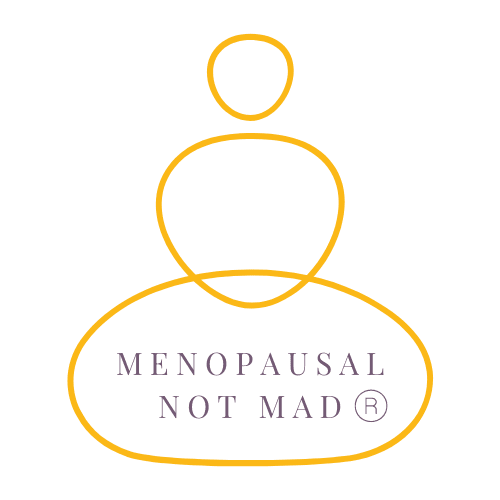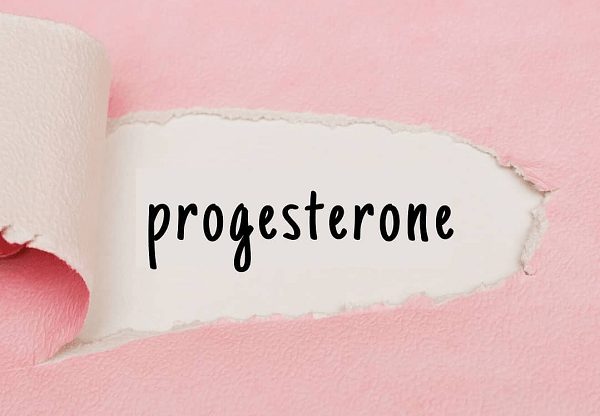As you may know, I like to keep things simple. You’re brain foggy enough without me adding to that!
So! it’s not necessary to add in progesterone to your regime in order to protect your uterus lining from over thickening (which will happen with estrogen alone), as you don’t have a uterus!
This is the standard approach of tackling HRT after hysterectomy…and… added bonus.. there’s actually a reduced risk of breast cancer with estrogen only HRT!
There are a large number of medics and non medics who view progesterone supplementation as the best and only option regardless of any other HRT factors but as you know, estrogen is very important and I always prefer to take a more rounded and whole person approach.
Progesterone is associated with a wide range of functions and the drop in progesterone that follows bilateral oophorectomy (removal of both ovaries), may have an impact on mood, cognition, and neurogenesis (forming of neurons in the brain)
A 2019 study on mice, led researchers to conclude that “progesterone reduces depression and anxiety through changes in gut microbiota composition, particularly by increasing the Lactobacillus population.”
Now! as a nutritionist as well as a menopause specialist, this interests me of course, so it’s worth bearing it in mind as we progress through the menopause journey.
The evidence for progesterone treatment after surgical menopause is an interesting one but it’s important to remember that combined estrogen/progestin therapy is associated with a slightly increased breast cancer risk (this is a small risk but all factors need to be taken into account, including your age and health history)
Progesterone Supplementation After Hysterectomy: Why bother?
You already know that progesterone can affect your mood and energy levels but as always it’s all about balance so although I don’t usually suggest adding progesterone back in for post hysterectomy HRT, it’s worth keeping it in the back of your mind as an option, if estrogen and testosterone supplementation are not cutting the mustard with your mood or brain fog (assuming that all other health elements have also been checked for anything odd)
Progesterone has a key role in your body, which is to regulate your menstrual cycle and to prepare your body for pregnancy but when it’s missing it’s not as much of an issue as missing estrogen.
However, in some situations the lack of progesterone can cause some disruption with conditions such as endometriosis. Endometriosis may not be fully cleared if you only have your uterus removed. As a result there are times when progesterone is added for women whose hysterectomy includes retaining their ovaries.
Jane Pangbourne is an HRT educator, accredited nutritionist & women’s health practitioner.
When you need more help with your hormones, your symptoms, or your HRT choice, you can book a consultation via the services page





